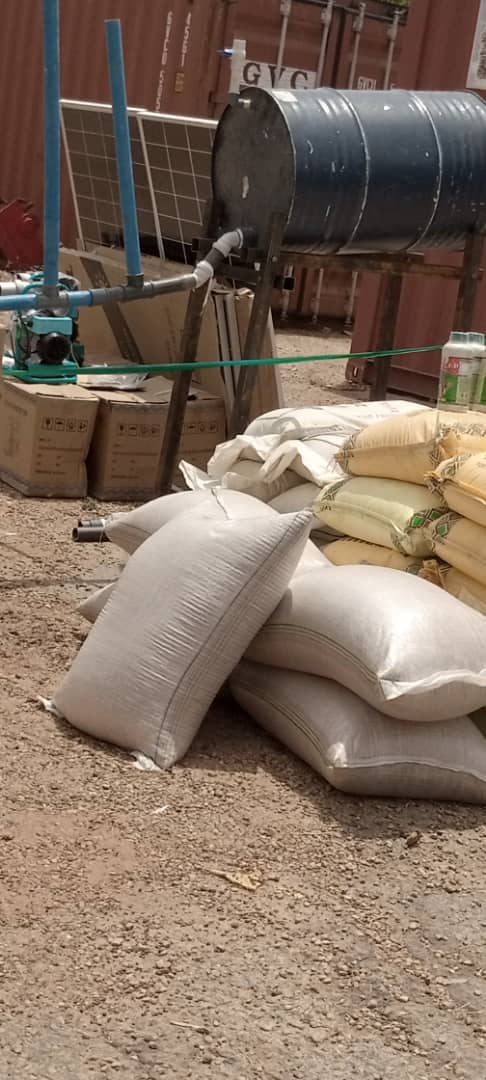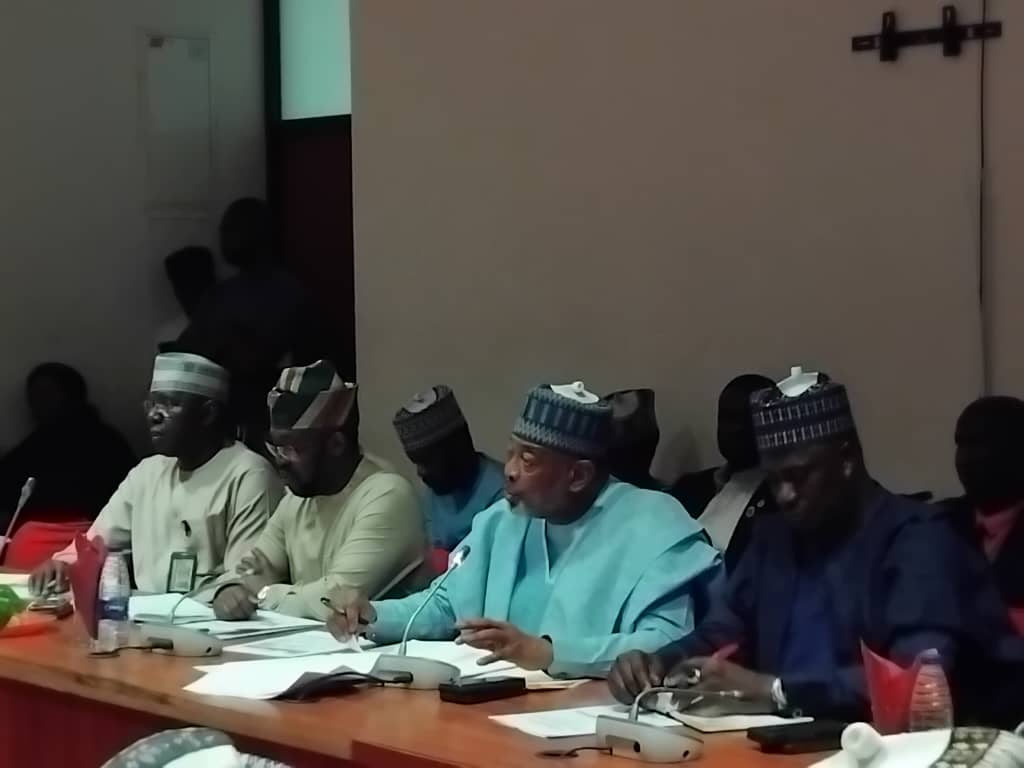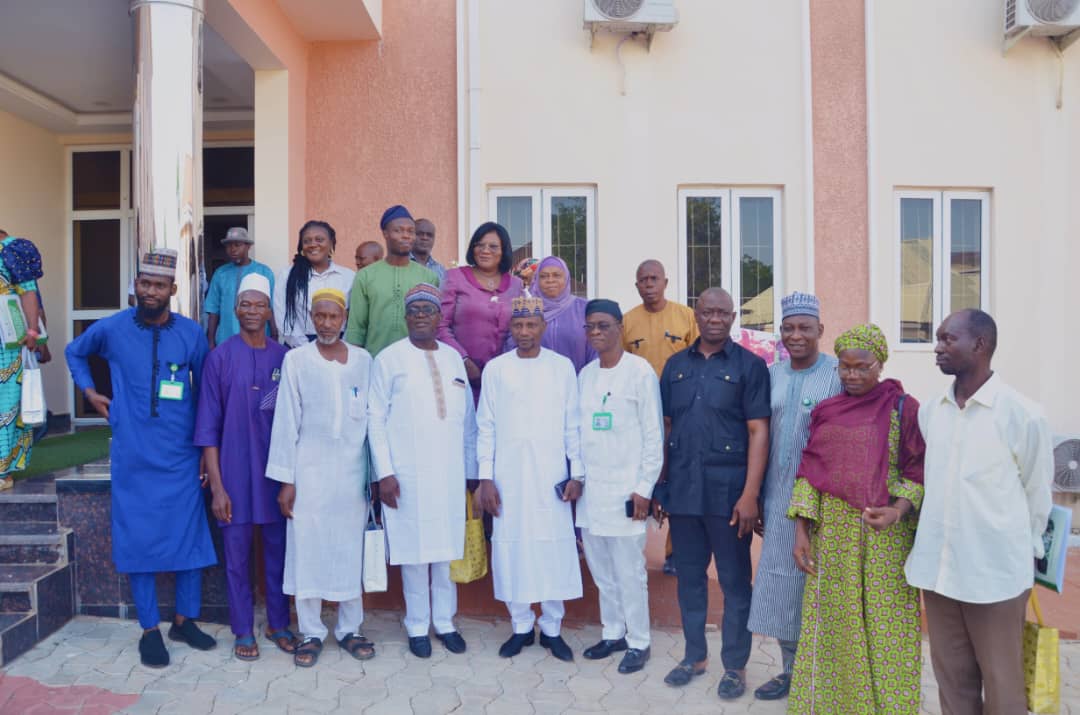By Otori Ozigi
It is an incontrovertible fact that Nigeria is presently entrapped in the miasma of economic upheaval and widespread hunger and hardships by millions of her citizens, particularly the vulnerable and the poorest of the poor in the country.
The immediate cause of this untold hardship and economic downturn is the removal of fuel subsidy by the Federal Government, which became desirable because of the negative narrative of the oil subsidy regime that was benefiting a microscopic segments of the country.
Expectedly, this important economic policy of the government is causing a lot of spiral and ripple effects among the people in the country.
Unprecedented hunger and hardships have become the order and the new normal of the day.
In response to this socioeconomic disequilibrium in the country, the federal government had already taken some far-reaching measures to tackle this hydraheaded economic quagmire in the country.
Essentially, one of such measures is the distribution of palliative package of essential commodities, targeted at the vulnerable and the poorest of the poor in the society.
True, this gesture had already gulped billions of naira as each of the 36 state governors reportedly received no fewer than 2 billion naira out of the 5 billion naira originally earmarked for each state,for the purchase of assorted essential commodities to be distributed across the country as palliatives.
The government should look beyond distribution of palliatives by considering other far-reaching measures to address the alarming situation of food insecurity in the country.
The government at all levels should go into commercial agriculture, while it should also empower individuals who are interested in becoming commercial agriculturists.
It is most desirable that we should be able to grow what we eat in the short time approach to tackle the present food insecurity in the country.
The federal government should also consider the option of massive importations of grains into the country to complement whatever is available in our strategic grain reserves.
There are fears in certain quarters that the country does not have sufficient stock in the grains reserves to meet the full benefits of the present requirements at hand.
There is nothing wrong if we consider the option of massive importations of grains to meet the current challenges at hand.
It is important too for Nigerians to reset their lifestyle and taste for foreign goods and services.
It is regrettable, that most influential Nigerians have no desire to patronize made in Nigeria goods and services, thereby putting pressure on the value of the local currency.
If the naira must regain its value against other currencies, particularly the dollar, everything must be done to shore up its exchange value in the official market.
The task of revamping our struggling economy is the collective responsibility of all Nigerians.
The government at all levels can not do it alone.
The time for Nigerians to be more productive, patriotic and nationalistic in our ways is now.
Nigeria will survive.
We shall overcome the seeming intractable socio-economic trajectory playing out in the country today.







GIPHY App Key not set. Please check settings